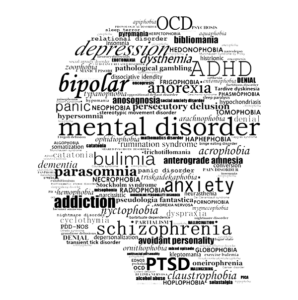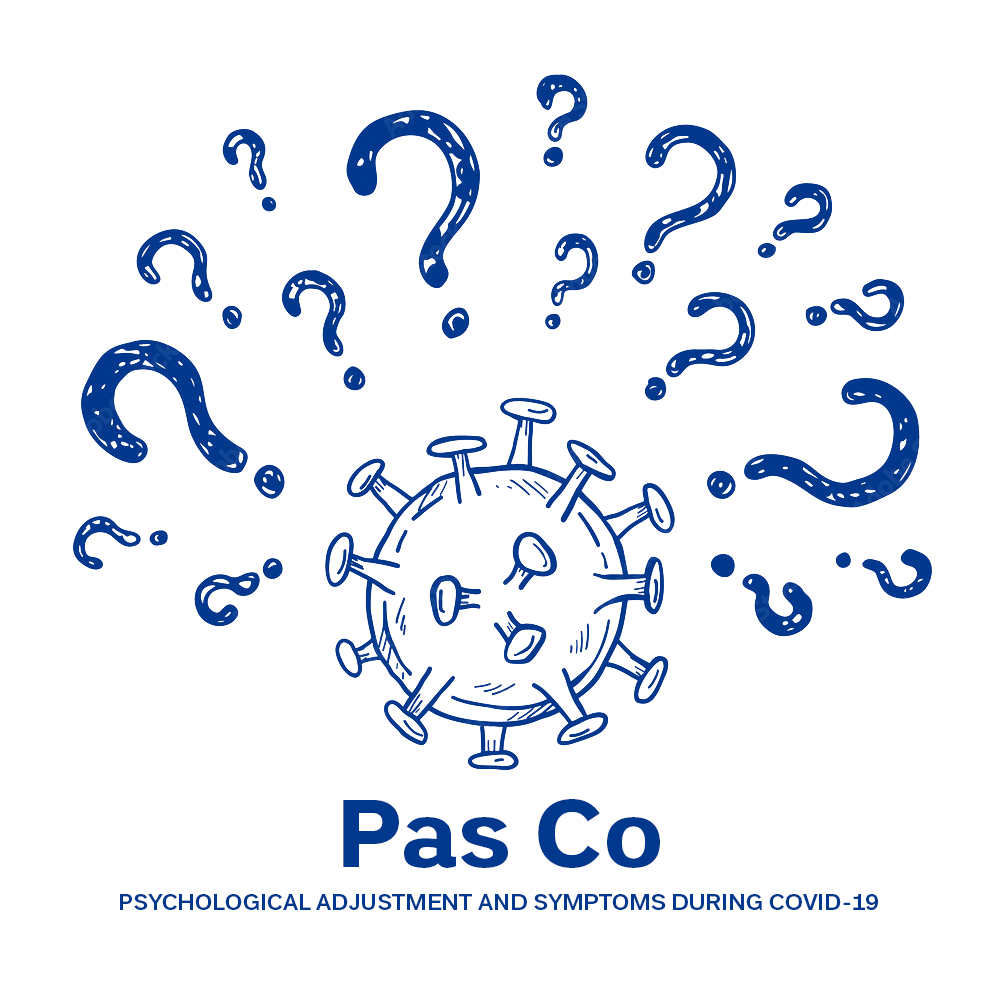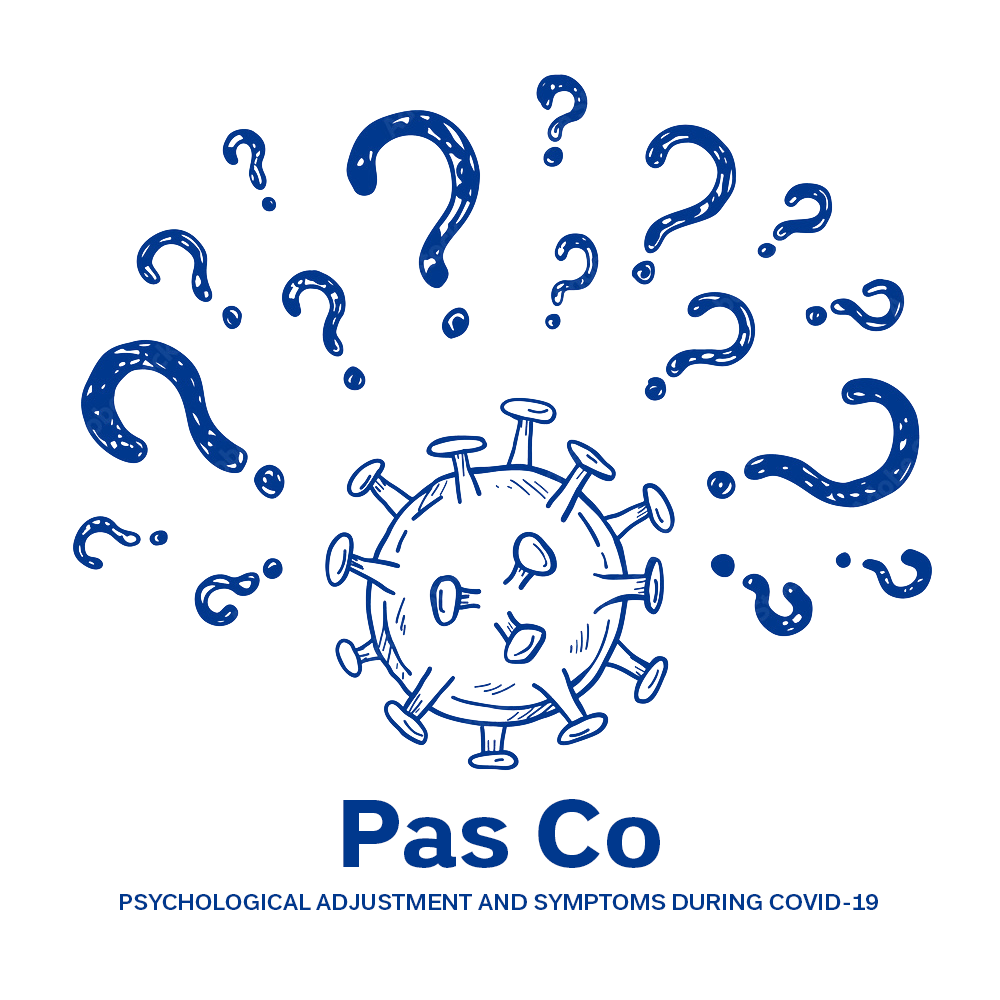PAS-CO: PSYCHOLOGICAL ADJUSTMENT AND SYMPTOMS DURING COVID-19
study name
PAS-CO: Psychological Adjustment and Symptoms During Covid-19
PAS-Co is a longitudinal study that took place during the first lockdown of the COVID-19 pandemic. The study aimed to assess the prevalence of emotional and stress symptoms in the general-public and explore how symptoms changed over time to better understand the psychological needs of the wider population during a pandemic.
Study Participants
- Individuals aged 18 and above – no maximum age. Mean age 39 (range: 29-50) years.
- Able to provide informed consent and capable of reading and comprehending English.
- N = 611 participants recruited at baseline. Participation at six weeks (N = 498) and 12 weeks later (N = 436).
Study Design
- Convenience sample recruited from the general population using Facebook, Twitter and research participation websites.
- Participants completed online questionnaires at baseline, after 6 weeks and again 12 weeks later.
- Self-report tools were used to assess a range of psychological outcomes, including anxiety, depression, post-traumatic stress symptoms, burnout, wellbeing, resilience, and vulnerability.
PAS-CO Info

- Pandemic events are associated with increased traumatic stress symptoms, anxiety, and depression. However, little is known about the nature, prevalence and course of these reactions.
- The Covid-19 pandemic presented a significant threat to morbidity, mortality, livelihood, and quality of life. These threats and their management (e.g., closing schools) exerted substantial pressure on everyone in society, however some individuals were thought to manage this pressure more effectively than others.

- The Pas-Co study aimed to evaluate the prevalence of emotional and stress symptoms in the general-public and explore how symptoms changed over time to better understand the psychological needs of the wider population during a pandemic.
- The Pas-Co study evaluated the nature, predictors and moderators of psychological disorder symptoms, acute-stress, and burnout during the Covid-19 pandemic including factors that may contribute to the maintenance of and recovery from symptoms over a 3-month period.

This research might inform screening for vulnerability and/or the development of crisis-based training for individuals to reduce the negative impact of severe stress and build psychological resilience under demanding social and work conditions.

The Pas-Co data is currently being analysed and we hope to share the results with you soon! Check back for more details!
- Background
-

- Pandemic events are associated with increased traumatic stress symptoms, anxiety, and depression. However, little is known about the nature, prevalence and course of these reactions.
- The Covid-19 pandemic presented a significant threat to morbidity, mortality, livelihood, and quality of life. These threats and their management (e.g., closing schools) exerted substantial pressure on everyone in society, however some individuals were thought to manage this pressure more effectively than others.
- Study Aims
-

- The Pas-Co study aimed to evaluate the prevalence of emotional and stress symptoms in the general-public and explore how symptoms changed over time to better understand the psychological needs of the wider population during a pandemic.
- The Pas-Co study evaluated the nature, predictors and moderators of psychological disorder symptoms, acute-stress, and burnout during the Covid-19 pandemic including factors that may contribute to the maintenance of and recovery from symptoms over a 3-month period.
- Importance of Research
-

This research might inform screening for vulnerability and/or the development of crisis-based training for individuals to reduce the negative impact of severe stress and build psychological resilience under demanding social and work conditions.
- Findings
-

The Pas-Co data is currently being analysed and we hope to share the results with you soon! Check back for more details!




